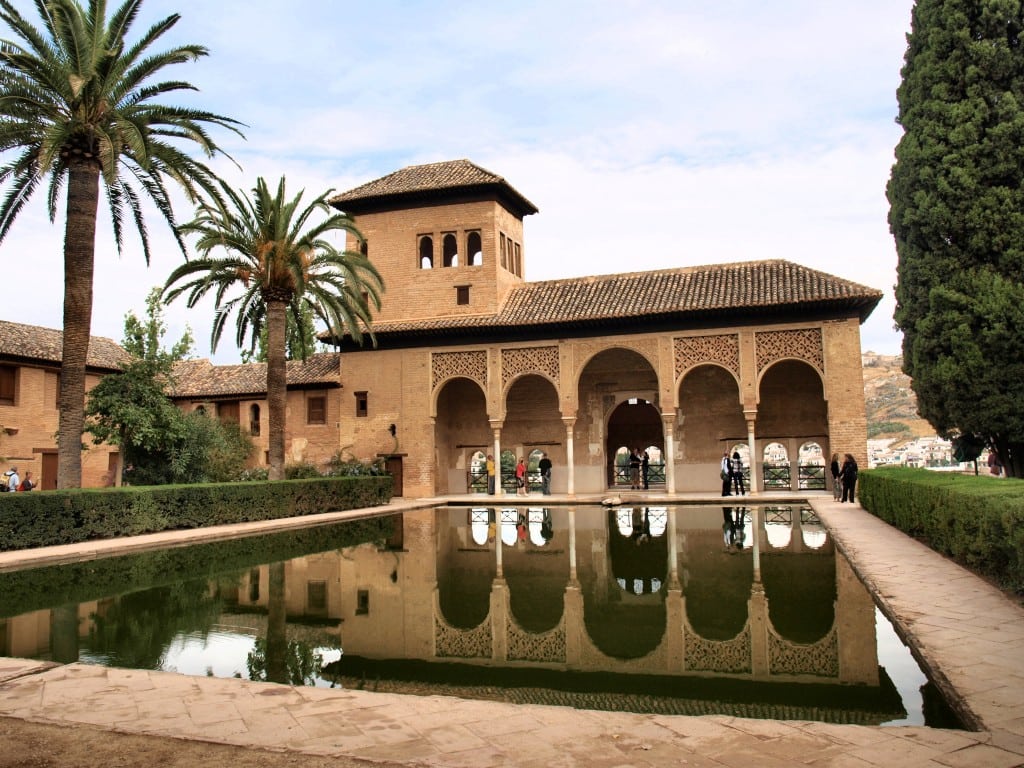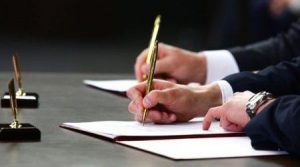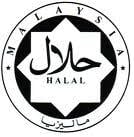By Azaraimy HH
TRAVEL buyers have expressed their concern over inadequate
tourism-related infrastructure in Brunei as the Asean Travel Exchange
(TRAVEX) 2010 came to a close yesterday.
The belief is that Brunei really needs to brush up its
tourism-related infrastructure.
This includes many shortfalls, according to travel buyers and local
industry insiders alike, such as the lack of tourist-friendly
transportation, paltry connectivity both in terms of internet wi-fi and
roaming capability of mobile phones.
Issues ranging from unkempt public toilets to paltry overseas
promotional campaigns by the authorities in new and growing market
sources such as India and the Middle East were raised by the travel
buyers during TRAVEX.
Another hurdle is the problem of travel visas.
While other countries already implement the visaon-arrival system, it
seems that it is not going to happen in Brunei in the near future.
Worse, it takes a long time, sometimes more than a month to process an
application before a tourist can be ascertained that he or she will
eventually come here.
Over 370 buyers from 52 countries were in Brunei from January 23-28
for the TRAVEX 2010 – the travel mart component of the most spectacular
regional tourism brand-building and marketing meet, the Asean Tourism
Forum 2010 hosted this year by Brunei Darussalam.
Most travellers are going back home with some form of positive
impression of the Land of the Unexpected Treasures but pretty much
empty-handed because for travellers, it is not just about the
destination, it is also about how to go there and what to do at that
destination.
Take for example, India, which sent the largest delegation of both
travel buyers and travel-related publications.
They see nothing in Brunei for them to promote due to lack of
tourist-amenities they are accustomed to seeing and experiencing in
countries such as Malaysia’s Sabah and Sarawak, let alone Kuala Lumpur
and Bangkok and other holiday destinations in Southeast Asia.
Yusuf Hassan, CEO of Orion Holiday said, “It is hard to sell holiday
packages to Brunei without guaranteeing you the tourists will come back
to their countries after spending time in Brunei with many laments”.
Interestingly, buyers were not the only ones amongst those who shared
this view during TRAVEX, but also local travel operators. Some local
operators said that they were used to hearing complaints from tourists.
“It is unfortunate that this negative feedback is getting
`traditional’ for us. We know they are going back home with some laments
but we are used to this. And we have to promote inbound tourism along
these negative parameters, and yes it is hard,” said a popular local
travel inbound and outbound operator.
But, according to them, Brunei really is in a Catch-22 situation in
terms of improving public transportation.
Take for example taxi operators. Taxis here are more expensive than
those in Bangkok and Kuala Lumpur. But we really cannot ask and expect
the taxis to slash their rates because of the high costs they have to
endure.
Another issue was the mobile phone reception for tourists who visit
Brunei.
“There is no problem when I am in Sabah, my phone is roaming well,
when I arrive in Brunei, I can’t recover my line. It is funny, Sabah is
just a stone’s throw away from here, so to speak,” a local travel
operator quoted a tourist as saying.
In terms of public transportation, there are fears among travel
buyers that it is not only expensive but also scarce.
It is okay if Brunei just wants to focus do package tour tourists as
the transportation is arranged for tourists.
But local travel insiders said based on their experience, most tourists
want to come “free-and-easy” which means they want an efficient public
transportation to bring them and their families around, not just drop
them somewhere in town and without knowing whether there will be
transport for them later on.
Even those in the tour packages want to have some form for
free-and-easy time, not to be hauled to places of interest like a school
trip.
Carlo Fossati, Presidente of Consorzio Turistico Milano Italia said
Brunei is a beautiful country with lots of greenery that means lots of
potential for eco tourism.
According to him, Brunei is still a new destination that means it is
fresh, and for Italians, Brunei sounds quite exotic.
All of this sounds fantastic for Europeans who want to get on the
plane and travel to a warm region, especially during their winter, and
in Brunei they can see nature.
But what’s the difference between Brunei and Sabah? he asked. Both
have many similarities such as beautiful resorts and beaches, pristine
forests, etc.
But Brunei, he said, is like an untapped area and it has the world’s
oldest surviving water village.
What Sabah has that Brunei does not have is a whole system of
well-built and well-thought of infrastructure. Unless it is improved,
given a choice, more tourists will choose Sabah over Brunei and it will
be hard to sell packages or even joint packages to Brunei, unless it is
super attractive.
“But I am very eager to see places like Ulu-Ulu Resorts located in
Temburong and see whether it can match the one in Sabah.”
Mr GC Verma, Chief Editor of Tourism & Wildlife, an Indian
English language publication, said the Brunei tourism authority has a
lot of work to do in promoting Brunei. It is still relatively
un-marketed.
“I don’t see anything about Brunei in India or elsewhere. I see
‘Visit Malaysia’ for example, nothing about Brunei in some parts of the
world. India is a growing tourist source.
“Your minister talks about developing Islamic tour in Brunei. Right
now, when Indians want to go for such a tour, they will choose the
Middle East, and if they want something different, something Southeast
Asian, they will choose Malaysia. Also in eco-tourism, they will choose
Malaysia.”
Brunei needs to improve its campaign coverage on the corridors,
meaning at the international airports, etc. According to him, this will
help.
Another issue was visas.
Visitors from market sources such as India are only given a four-day
travel visa. How do you make them stay longer?
Another potential area that Brunei can tap into, said Yusof Hassan,
is the now growingly popular “medication tourism” as the reputation of
the country persists — a peaceful, tranquil and harmonious nation.
The beauty of this is that it can be linked closely to eco-tourism,
where travellers just want to go for a relaxing few days, doing spa and
massages. But again, this type of tourism requires efficient
tourism-related infrastructure.



